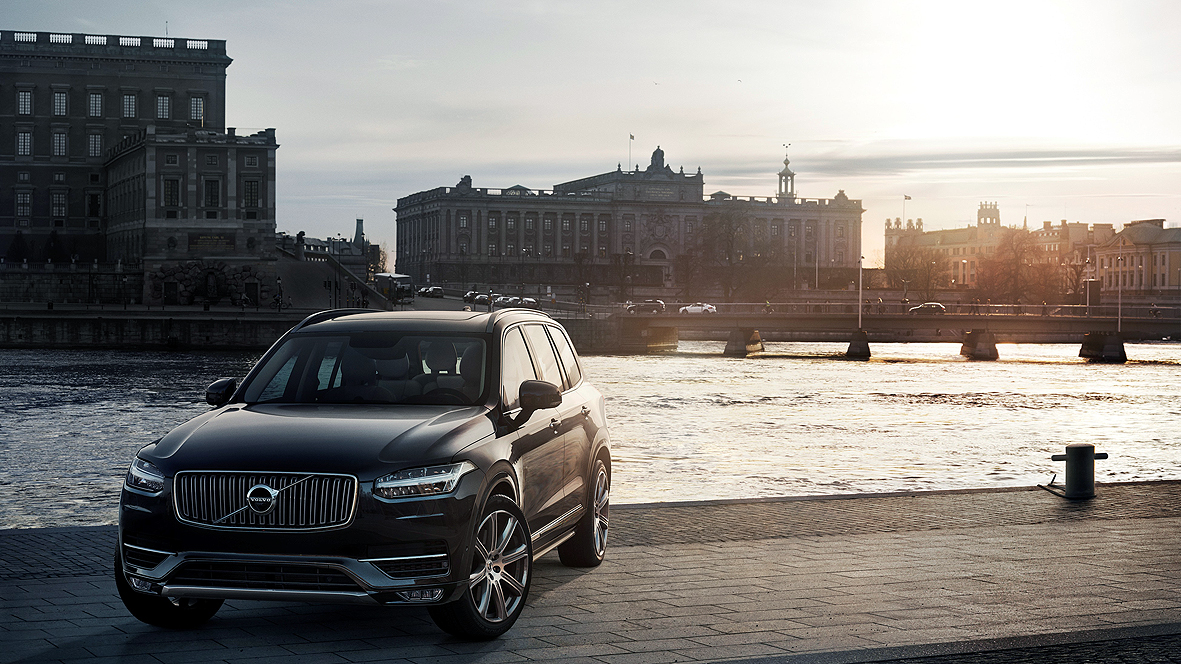The UK’s first self-driving cars will be unmarked to protect them from bullies
Shield their gentle ways

Sign up for breaking news, reviews, opinion, top tech deals, and more.
You are now subscribed
Your newsletter sign-up was successful
The first self-driving cars manned by ordinary drivers on Britain’s roads will be left unmarked to make them indistinguishable from ordinary cars so that aggressive drivers won’t try to bully them.
The Guardian has reported that Volvo is planning to launch a self-driving car scheme in the UK that will see 100 self-driving 4x4 vehicles leased to ordinary road users for use on busy roads outside of London.
When these cars start to come onto our roads in 2018, according to Erik Coelingh, senior technical leader at Volvo Cars, they won’t look any different to other Volvos of the same model:
“From the outside you won’t see that it’s a self-driving car [...] I’m pretty sure that people will challenge them if they are marked by doing really harsh braking in front of a self-driving car or putting themselves in the way.”
Hidden in plain sight
This news comes not long after the release of a report from the London School of Economics which found that aggressive drivers would take advantage of the submissive programming of self-driving cars.
Knowing that these cars are programmed to avoid collision and obey the rules of the road at all cost, drivers said that they were actually looking forward to being able to cut these cars off and force them to brake.
This will be much harder and a more dangerous risk for drivers to take when they don’t actually know which cars are using self-driving technology.
Sign up for breaking news, reviews, opinion, top tech deals, and more.
At the moment Volvo is negotiating with Transport for London and Highways England to bring its scheme to the roads using Volvo customers. During the scheme those selected to take part will be asked to use self-driving mode on roads with predictable driving conditions around London to see how the cars cope in real driving situations.
Not worth the risk
According to the Guardian, Volvo is also in talks with the UK car insurance industry to establish who would be responsible in different crash situations. At the moment it's agreed that “if there is a crash and the car is in self-driving mode, even if the driver is reading a newspaper, then we – Volvo – are responsible.”
However, he adds that with each car being fitted with cameras, radar, and sensors all feeding driving data into an on-board “black box” if a crash is caused by another driver Volvo will know about it and third-party claims will be made.
“The principle is easy. If we can find out the root cause of the problem and it’s a third party, then they are responsible,” he said.
Marked or unmarked, it certainly doesn’t seem worth your time or insurance premium to make risky maneuvers around self-driving vehicles.

Emma Boyle is TechRadar’s ex-Gaming Editor, and is now a content developer and freelance journalist. She has written for magazines and websites including T3, Stuff and The Independent. Emma currently works as a Content Developer in Edinburgh.